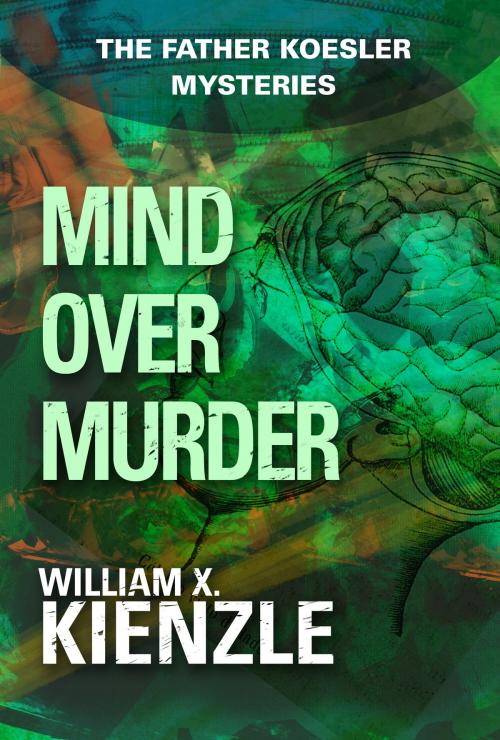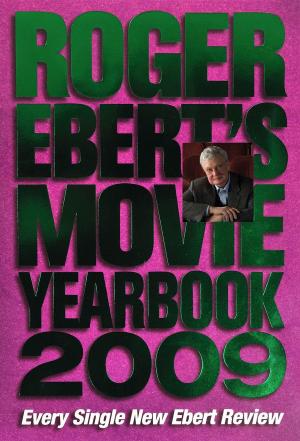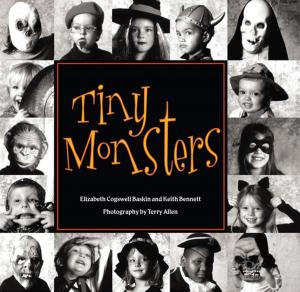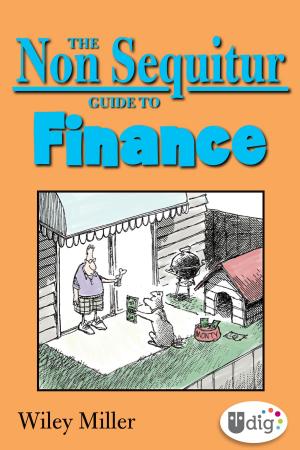Mind Over Murder
The Father Koesler Mysteries: Book 3
Fiction & Literature, Thrillers, Mystery & Suspense| Author: | William Kienzle | ISBN: | 9781449424893 |
| Publisher: | Andrews McMeel Publishing, LLC | Publication: | May 15, 2012 |
| Imprint: | Andrews McMeel Publishing, LLC | Language: | English |
| Author: | William Kienzle |
| ISBN: | 9781449424893 |
| Publisher: | Andrews McMeel Publishing, LLC |
| Publication: | May 15, 2012 |
| Imprint: | Andrews McMeel Publishing, LLC |
| Language: | English |
"Bill Kienzle's best yet." —Detroit Free Press
"It is miraculous, but the third Father Koesler is even better than the first two. It is without reservation the best series ever about a priest detective." —Otto Penzler, owner, Mysterious Bookshop, New York City
"Father Koesler is on the case, thank God." —Baltimore Sun
Father Robert Koesler unravels his third mystery, this time zeroing in on one of six suspects, each with a motive for revenge, to solve the case of Detroit's missing monsignor.
In Mind over Murder, writer William X. Kienzle challenges the reader to a game of reasoning. He sets the stage—Detroit's east side—and situation: Monsignor Thomas Thompson antagonizes a number of people and then mysteriously disappears. His Cadillac is found in a parking lot, with fingerprints wiped clean from the interior and an empty cartridge from a .32 caliber pistol and a bloody tissue left behind. Foul play is suspected by Detroit police and press.
Father Koesler, central character in the Kienzle series, is called into the case by Walter Koznicki, inspector for the police department, to interpret the Catholic connection.
Thompson's diary, found by Joe Cox, reporter for the Detroit Free Press, becomes a prime piece of evidence in the puzzle. The contents, exposing his innermost thoughts to investigators and the press, foreshadow ominous happenings.
Whodunit? One by one, suspects are implicated by virtue of mention in Thompson's diary. Each has a grudge against him. Each knows the moment when he will be most vulnerable. And each has a perfect alibi—almost.
Kienzle sets up a rational situation and, with motivation established for the suspects, all the reader has to do is add up the clues. But, as Inspector Koznicki comments, "With unpredictable human nature, every logical bit of evidence can point in one directions, only to prove a false lead."
"Bill Kienzle's best yet." —Detroit Free Press
"It is miraculous, but the third Father Koesler is even better than the first two. It is without reservation the best series ever about a priest detective." —Otto Penzler, owner, Mysterious Bookshop, New York City
"Father Koesler is on the case, thank God." —Baltimore Sun
Father Robert Koesler unravels his third mystery, this time zeroing in on one of six suspects, each with a motive for revenge, to solve the case of Detroit's missing monsignor.
In Mind over Murder, writer William X. Kienzle challenges the reader to a game of reasoning. He sets the stage—Detroit's east side—and situation: Monsignor Thomas Thompson antagonizes a number of people and then mysteriously disappears. His Cadillac is found in a parking lot, with fingerprints wiped clean from the interior and an empty cartridge from a .32 caliber pistol and a bloody tissue left behind. Foul play is suspected by Detroit police and press.
Father Koesler, central character in the Kienzle series, is called into the case by Walter Koznicki, inspector for the police department, to interpret the Catholic connection.
Thompson's diary, found by Joe Cox, reporter for the Detroit Free Press, becomes a prime piece of evidence in the puzzle. The contents, exposing his innermost thoughts to investigators and the press, foreshadow ominous happenings.
Whodunit? One by one, suspects are implicated by virtue of mention in Thompson's diary. Each has a grudge against him. Each knows the moment when he will be most vulnerable. And each has a perfect alibi—almost.
Kienzle sets up a rational situation and, with motivation established for the suspects, all the reader has to do is add up the clues. But, as Inspector Koznicki comments, "With unpredictable human nature, every logical bit of evidence can point in one directions, only to prove a false lead."















